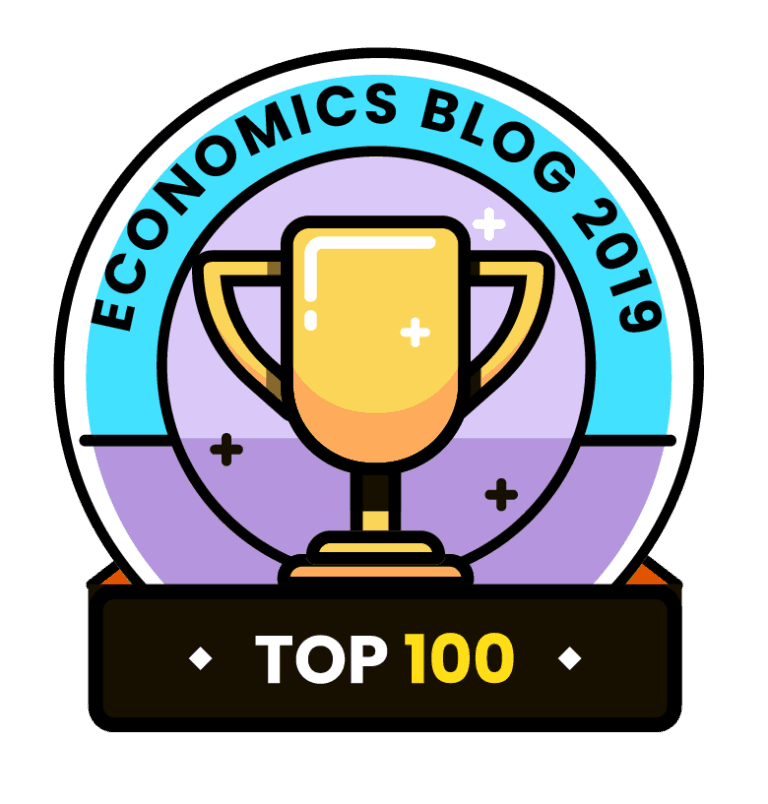Yanis Varoufakis, Greece’s new Finance Minister has this interesting article on his party.
SYRIZA, a growing political party in Greece, is an acronym that stands for “Coalition of the Radical Left.” For Americans, the idea that a party on the radical left could gain power is unthinkable, and it was for Greeks, too—until very recently. But the harsh austerity measures that the European Union imposed on Greece after its economic collapse have created extreme conditions in Greece: six in ten young people are unemployed, wages and pensions have been cut, national income has fallen by one quarter.
Europe is currently caught in a negative feedback loop, from which the established political process is unable to escape. For three years now, an endless stream of spending cuts and tax hikes has dominated the Greek Parliament’s agenda. A SYRIZA win may be the jolt that Europe needs: a victory by a pro-European party committed to keeping the country both in the Eurozone and in the European Union, but a party that, importantly, because of its radical disposition, is prepared to open up the conversation at the level of the European Council so that, at long last, European leaders address the problems they have been ignoring over the past five years. Back in June, in a New York Times op-ed, James K. Galbraith and I alleged that “SYRIZA may be Europe’s best hope,” and six months later this still holds true.
Though SYRIZA has existed in some form since the early nineties, its popularity has exploded amidst the Euro Crisis, now polling somewhere between 20 and 30 percent. Since June, it has begun to take a lead in opinion polls, as the governing coalition’s promises of ‘Greek-covery’ are turning sour. Elections are not due until June 2016, but the present government has a wafer-thin majority that may dissolve after a likely electoral defeat in the May 2014 European Parliament elections. If a general election is called, SYRIZA could become the largest party in Greek Parliament.
The question then arises: what effect would such a victory have on SYRIZA itself? Can a radical party of the left maintain its cohesion in the face of neoliberal central bankers and their conservative counterparts in Germany, the Netherlands, Finland, France, and Spain? Under such circumstances, any government of the left would be short-lived. If European officials and political leaders anticipate the power SYRIZA might have, SYRIZA’s capacity to bargain, to forge new alliances, and to shatter the eerie silence in the European Union’s Brussels headquarters will be severely circumscribed.
He explains some history of the party and compares the task to Odysseus’s:
SYRIZA may have the opportunity to transform Greece and change the course of European history, but this is a task that makes Odysseus’s journey look like a walk in the park. It will not be easy to take power while remaining faithful to its radical agenda and maintaining its cohesion on the ground. It remains to be seen whether SYRIZA’s leaders can pull off this miracle. I think they can, as long as they do not issue silly promises before the next election, and maintain a truly radical agenda aimed at changing Europe by steadfastly standing their ground, proposing to German, Spanish, Dutch citizens a European agenda that restores the dream of a shared European prosperity.
What times..






